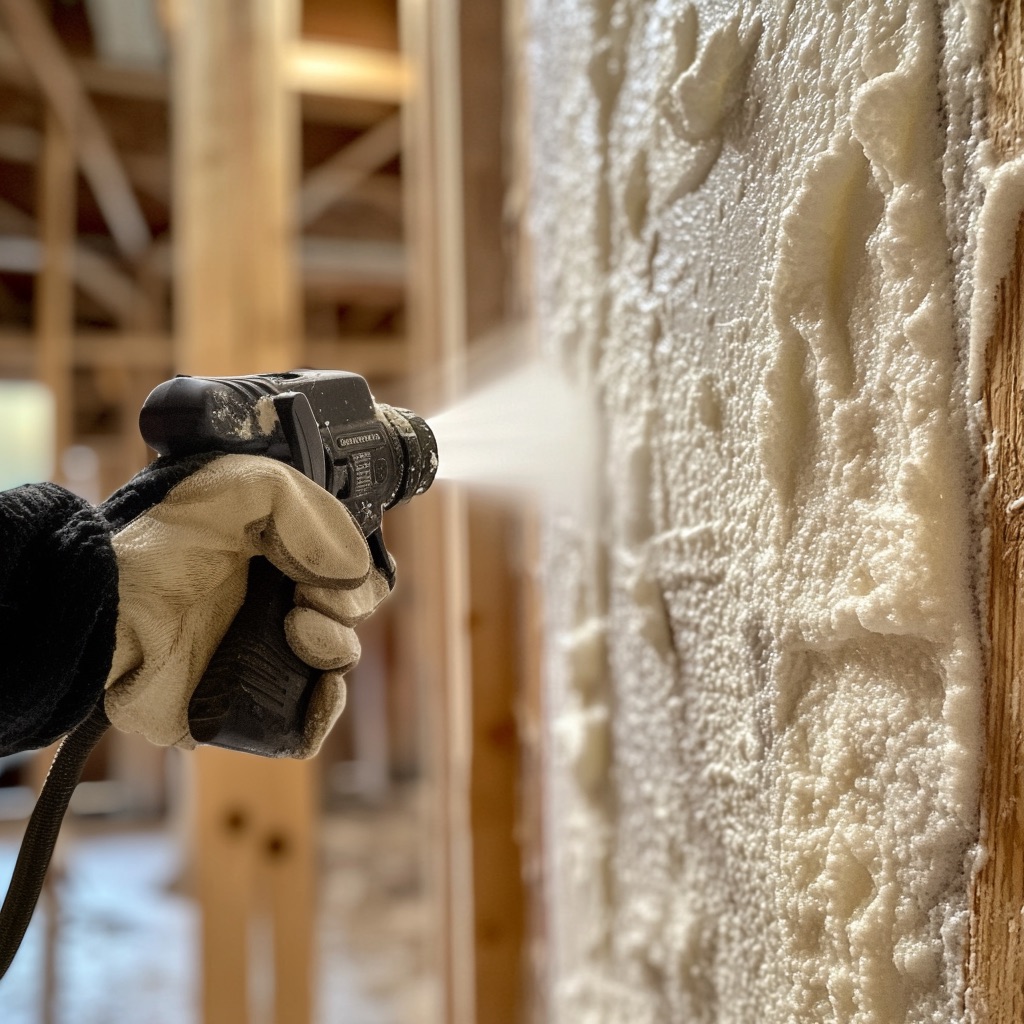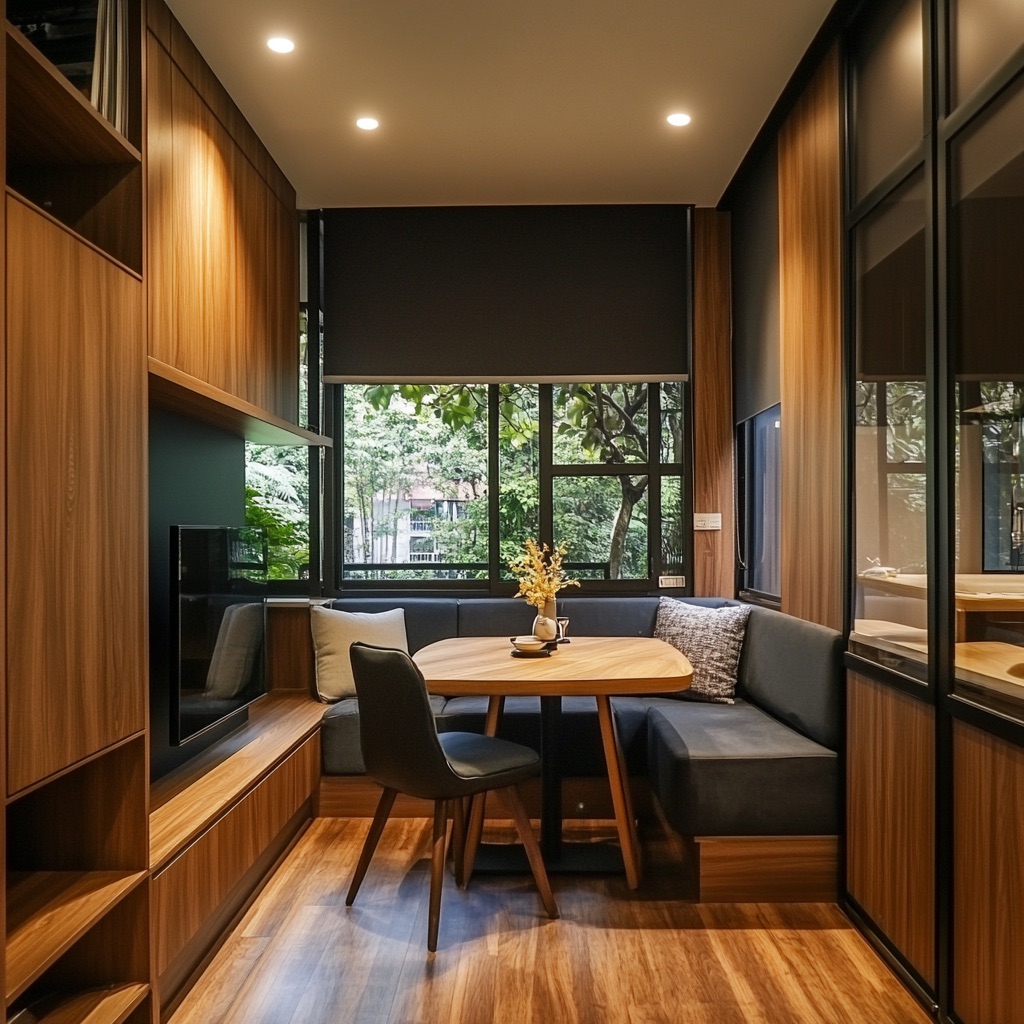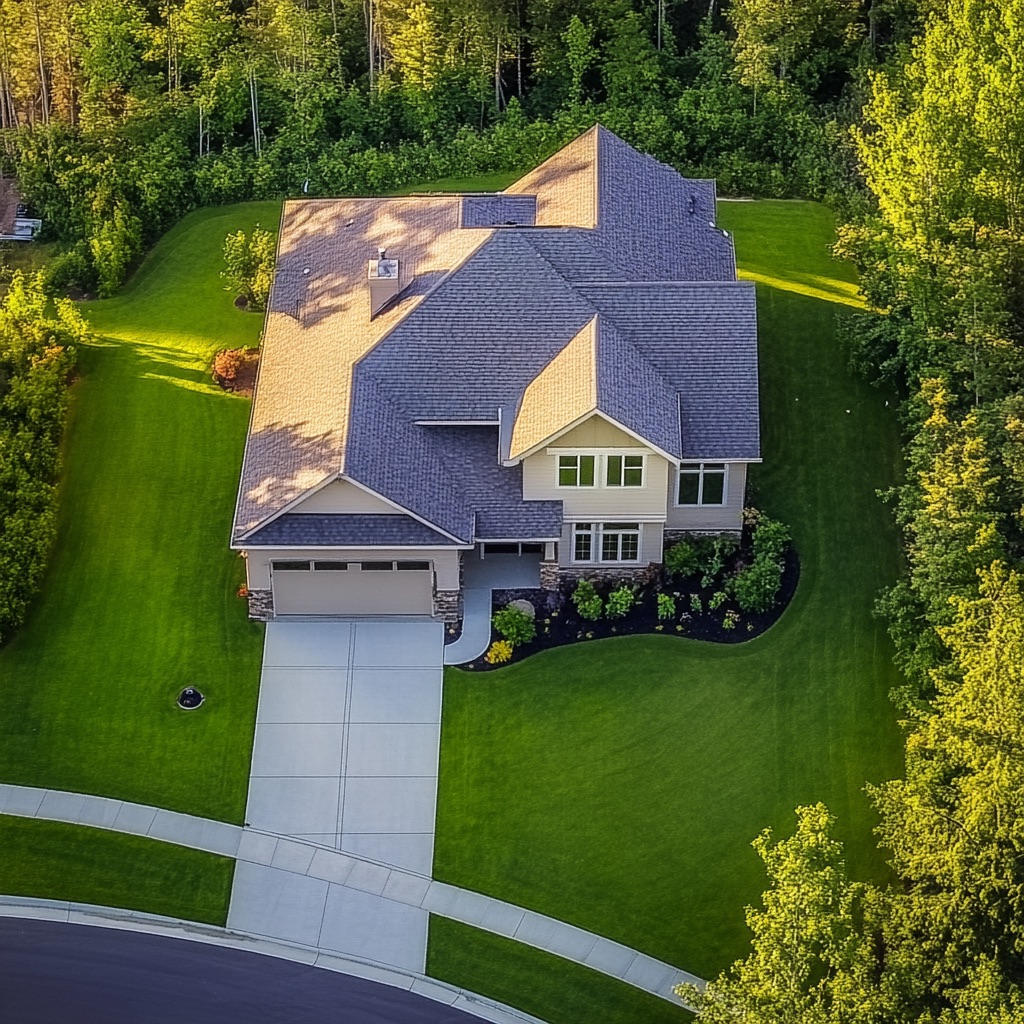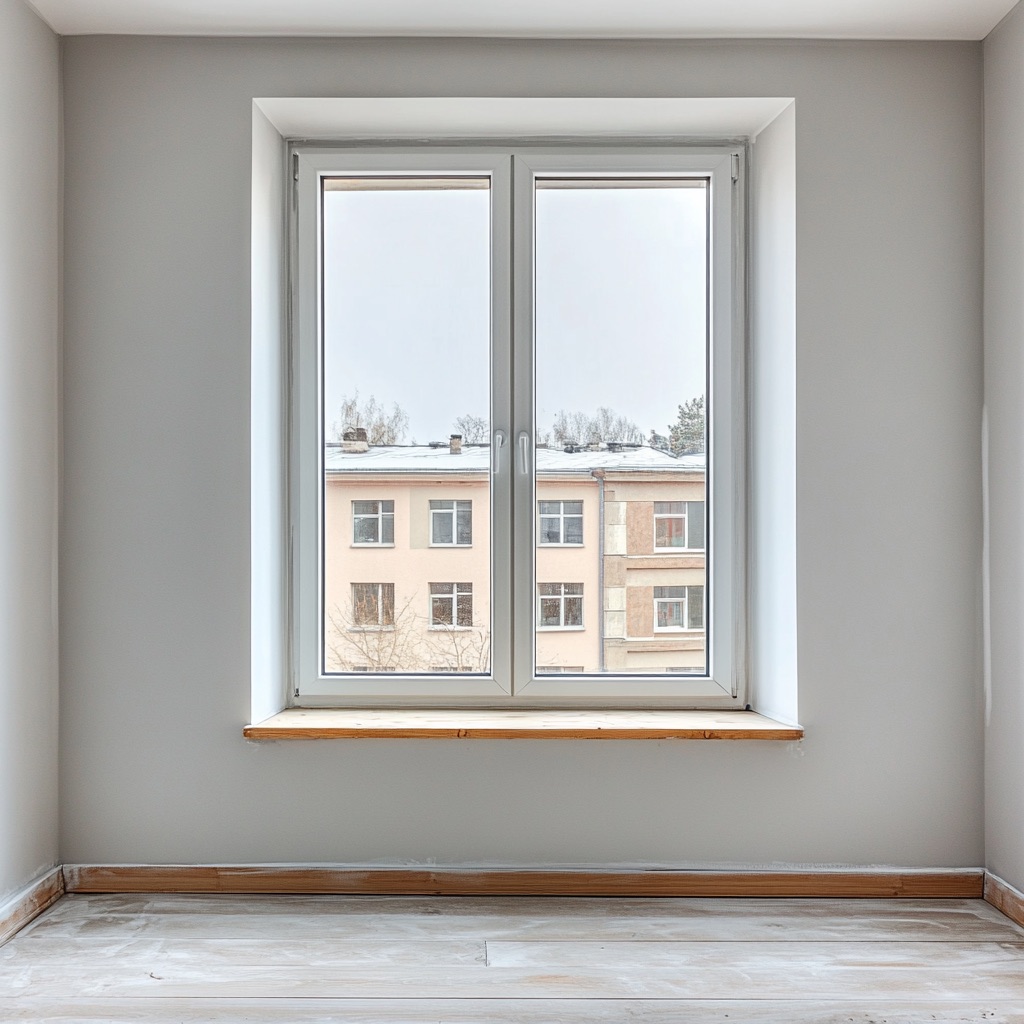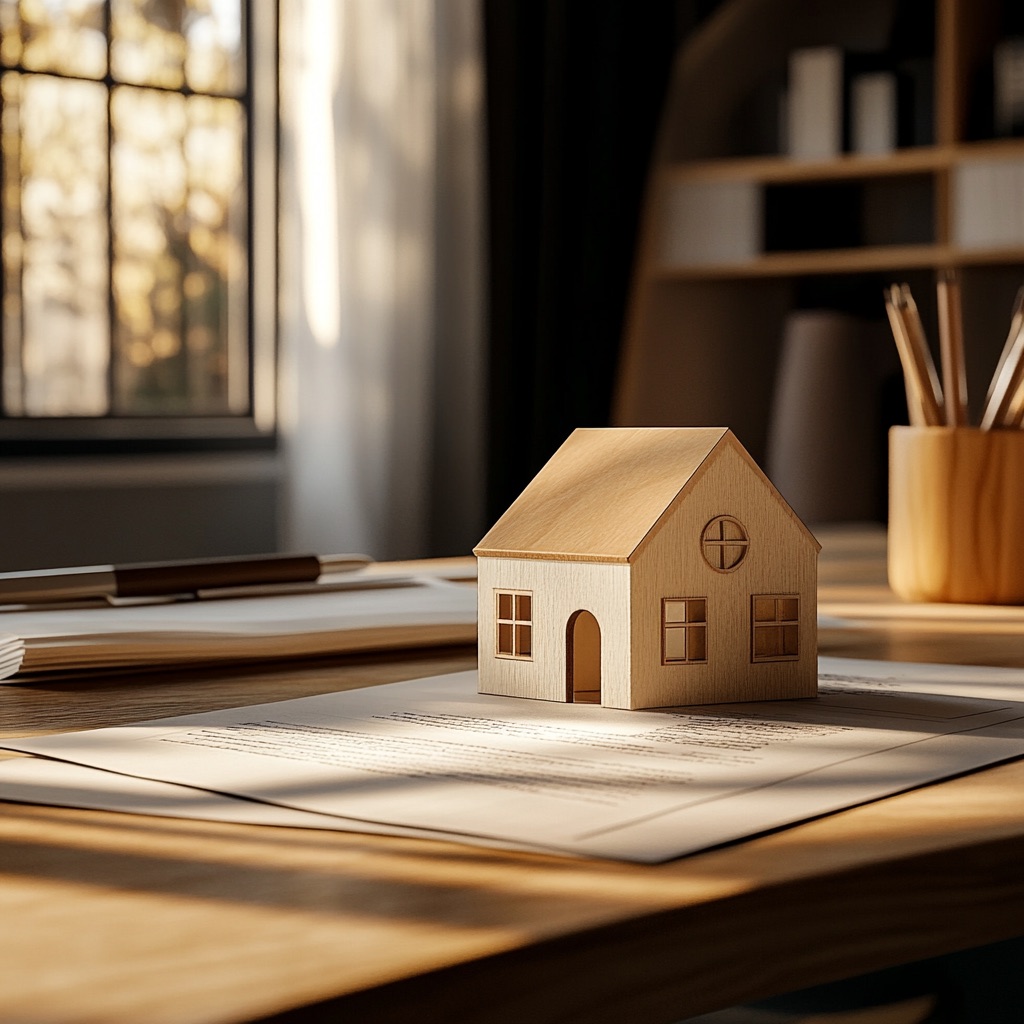For many people, finding the perfect home might be an overwhelming task. With so many options to choose from and various factors to consider, it’s easy to feel lost in the process. But fear not, because with these insider secrets revealed, you’ll have all the tools and knowledge necessary to find your dream home easily and confidently!
No matter if you’re a first-time buyer or looking for an upgrade, this blog will guide you through the steps of determining your needs, budgeting wisely, navigating the market, and ultimately landing on that perfect place you can call home. Let’s dive into this journey together!
Start with a Clear Vision

Before you even start browsing through listings and scheduling showings, you must have a clear vision of what you want in a home. This will narrow down your search and save time in the long run. Make a list of must-haves and deal-breakers, such as number of bedrooms, location, type of neighborhood, etc.
Even consider your lifestyle and future plans. Will that trendy downtown loft still be a good fit in five years when you start a family? Will the suburban home with a big backyard still be appealing if you plan to travel frequently? Being honest with yourself about your needs and wants will help you make the right choice.
Go for Off-market Properties
Are you tired of constantly battling with other buyers for the same properties on the market? Or maybe you’re struggling to find the right home within your budget.
Whatever the case may be, consider expanding your options and looking for available off-market homes as well. These hidden gems might not be listed on popular real estate websites or in the listings shared by your realtor, but they could offer exactly what you need.
When you explore off-market properties, you can eliminate some of the competition and even have more negotiating power. You can try reaching out to owners directly or working with a real estate agent who specializes in off-market properties.
Focus on the Right Location

They say location is everything in real estate, and it’s true. Your dream home might not be perfect if it’s located in an area that doesn’t fit your lifestyle or needs. When choosing a location, consider important factors such as safety, proximity to work or school, access to public transportation, and nearby amenities.
You can also research the neighborhood’s growth potential and any planned developments that could affect the property value in the future. And don’t forget to visit the area at different times of the day to get a feel for the neighborhood and its noise level.
Get Financially Prepared
Most importantly, you cannot overlook the financial aspect of buying a home. Before you start your search, make sure you have a realistic budget in mind and get pre-approved for a mortgage. This will give you an idea of how much you can afford and will also show sellers that you are a serious buyer.
It’s also wise to save up for a down payment as this can greatly impact your monthly mortgage payments and interest rate. Even factor in other costs such as property taxes, homeowners insurance, and potential renovations or repairs. The more savings you have, the better prepared you’ll be for any unexpected expenses.
Think Long-term
Keep in mind that buying a home is a long-term commitment. While it’s important to find a place that fits your current needs and lifestyle, also consider its potential for the future. Will you be able to make necessary changes if your needs change? Is the area expected to experience growth or decline over time?
Although no one can predict the future, you can make an informed decision by doing your research and choosing a home with long-term potential. This way, you won’t have to go through the hassle of moving again in a few years.
Don’t Skip the Inspection
One of the most critical steps in the home-buying process is the property inspection. Skipping it could lead to unexpected and costly surprises once you’ve settled in. An expert inspector can uncover potential issues that may not be visible to the untrained eye, such as structural damage, outdated electrical systems, or hidden mold.
The cost of an inspection is a modest investment compared to the significant financial commitment of buying a home. It gives you peace of mind knowing that the home you’re interested in is safe, sound, and worth your investment. When you’re inching closer to making an offer, don’t hesitate to include a thorough home inspection as a non-negotiable part of your buying strategy.
In your search for the perfect home, embrace the journey with patience and persistence. Equipped with these insider secrets, you’re now better prepared to navigate the complexities of the real estate market.
Remember to maintain a sense of what you truly desire in a home, stay financially prudent, and never compromise on important aspects like location and inspection. Your perfect home is out there, and with these tips in hand, you’ll be sure to find it.
Recap
